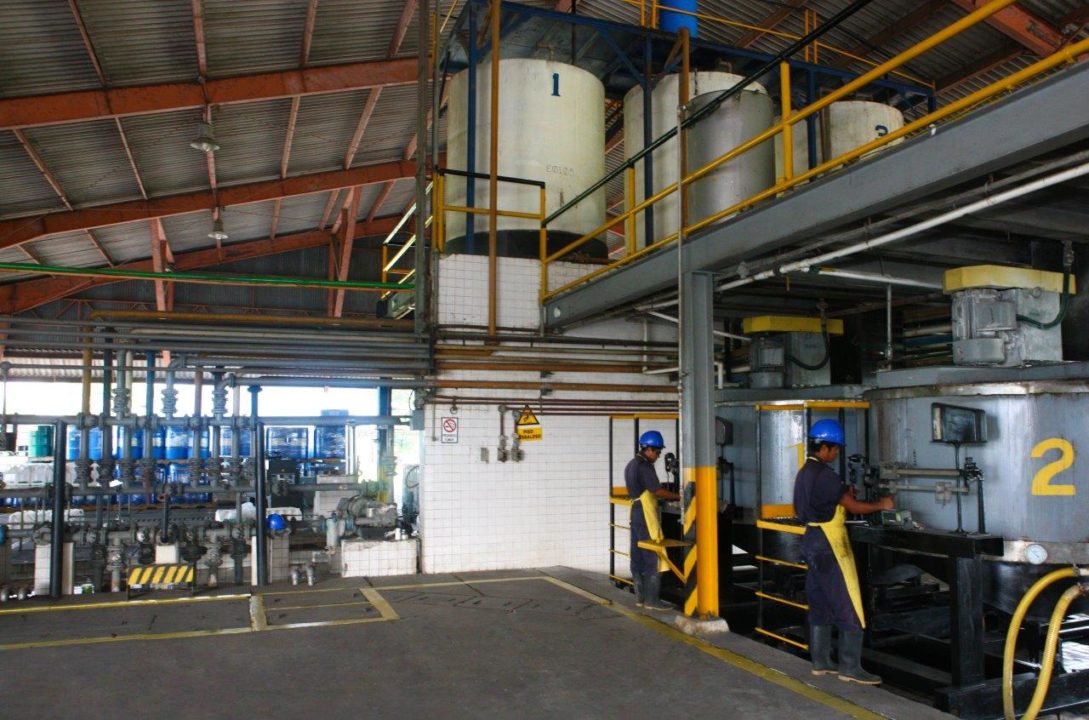Bayer CropScience Stops Production of Temik
Bayer CropScience has decided not to restart the transitional production of methyl isocyanate (MIC) at its site in Institute, West Virginia, but uncertainty over delays has led the company to the conclusion that a restart of production can no longer be expected in time for the 2011 growing season, according to a press release.
As a result, the company will move forward immediately with decommissioning of the reconfigured MIC and associated production units as well as the closure of Woodbine.
The safety of the MIC plant, which was overhauled completely and technically modified during the past months, was confirmed again by a federal court-commissioned special expert report on the plant’s safety, which was delivered to the court this week. However, against the background of the continuing uncertainty regarding the timing of resumption of production, the company needed to make a decision, according to Bayer.
“This was a very difficult decision, particularly as our employees did everything possible to ensure the operational safety of our newly-constructed MIC unit during the remaining production period”, said Achim Noack, Member of the Board of Management of Bayer CropScience in a prepared statement. “Our business case was based on our ability to supply the market needs beginning in 2011, and with the recent delays, that plan is no longer economically viable.”
Following a 2010 agreement with the U.S. Environmental Protection Agency, Bayer CropScience agreed to phase-out Temik and had timed production to end in 2012 to allow for an orderly market exit and meet immediate customer needs.






